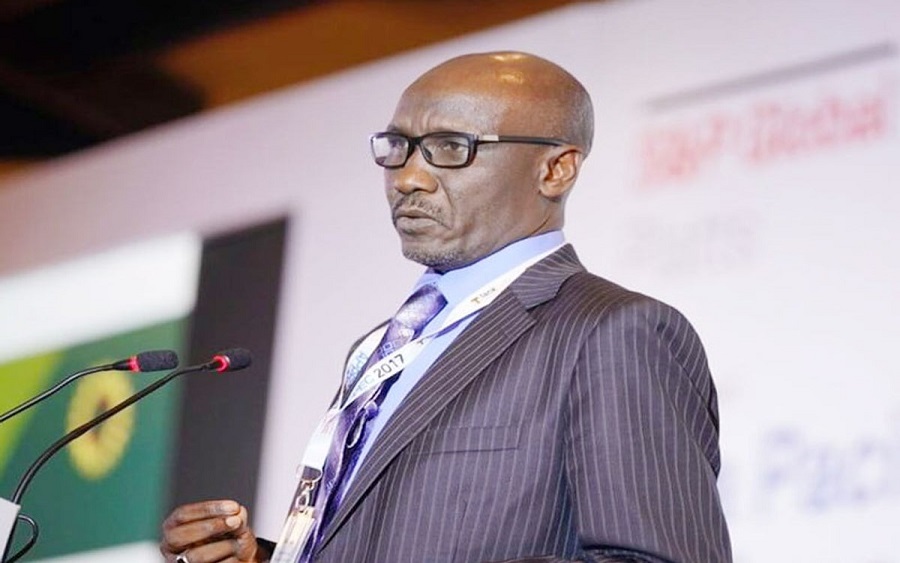The Group Managing Director, Nigerian National Petroleum Corporation (NNPC), Mele Kyari has lamented over the continued importation of petroleum products into the country.
Kyari said this at the Nigeria International Petroleum Summit 2020 in Abuja. According to him, NNPC has assets worth over $20 billion and if looked into, Nigeria has opportunities it can explore in order to produce more petroleum products.
While describing NNPC as the largest corporation in Africa, Kyari said, “We have assets that are in excess of $20bn. We have opportunities that we share with our partners.
“This country can provide energy for the whole of Africa. As we all know, 90 per cent of the petroleum products consumed in Africa are imported, and that must stop. And to do this, Nigeria must work. Our refineries must come back, and that is what we are doing.”
Also present at the event was the President, Muhammadu Buhari who was represented by the Secretary to the Government of the Federation, Mr Boss Mustapha.
[READ MORE: NNPC refineries dormant for 3 months)
Speaking on the work being done in the oil and gas sector, Buhari said extensive work had been done for the eventual passage of the Petroleum Industry Bill to open up the oil and gas sector to competitiveness. He assured foreign oil companies of high returns on their investments in Nigeria.
The President stressed the fact that investments by foreign delegates were highly welcomed and secured.
He said, “Nigeria is ready and accessible for investments from all interested countries, individuals, partners. Let me assure our foreign delegates here present, that your investments are well secured in Nigeria and a high return on investment is assured.”
While commenting on the Nigerian Gas Transportation Network Code, which was launched during the event, Buhari said, “We are all aware of the great role the hydrocarbon industry plays in the economy of Africa. Thus, we cannot afford to compromise its technical, operational and financial standards.
“This is the reason why this administration has consistently promoted sector reforms aimed at the entrenchment of transparency in the conduct of the industry’s business, cost reduction, efficiency and attracting investments in the oil and gas value chain.”
